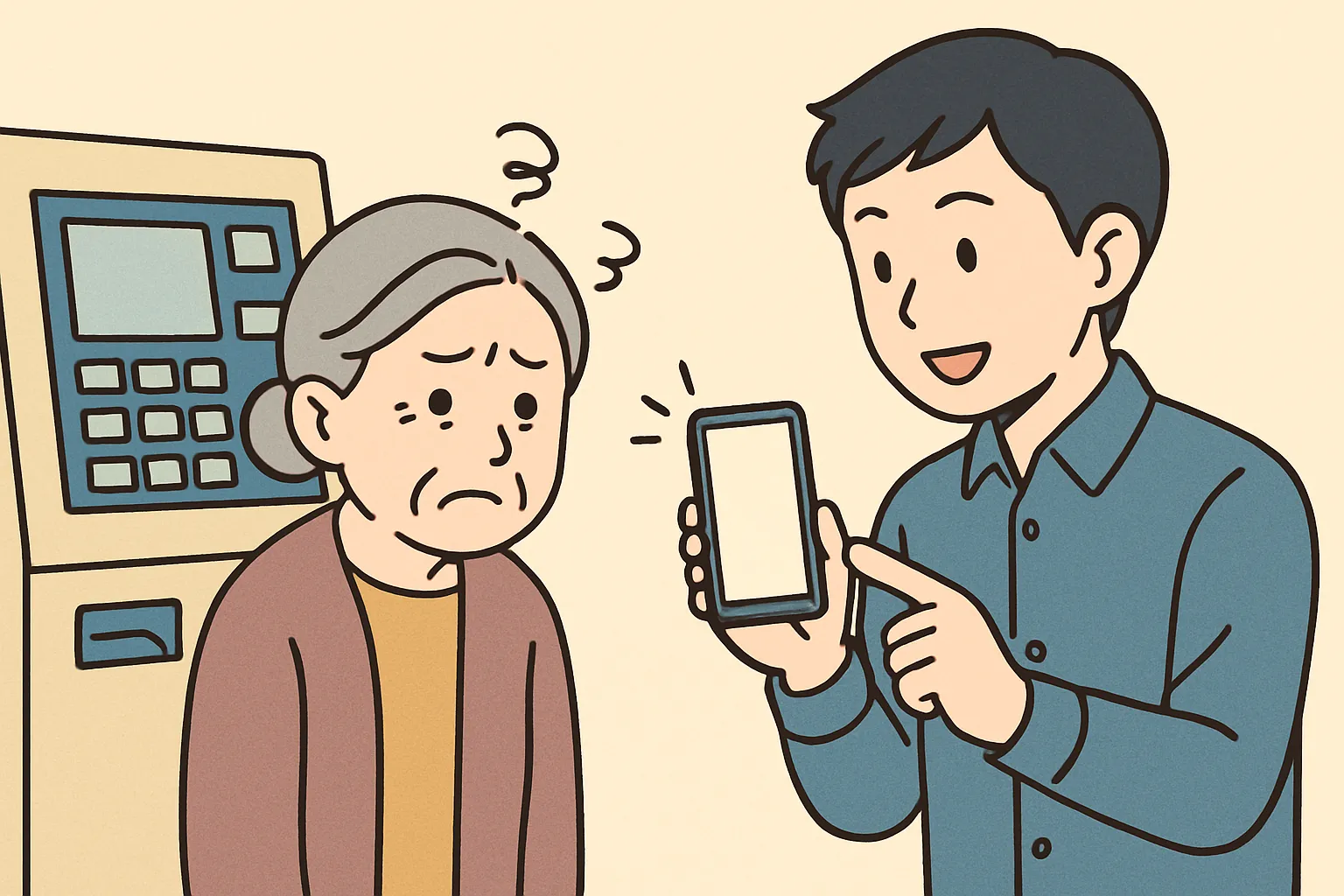Korean Office Speak: How to Impress Your Boss with Smart Feedback
Hello! It’s [Maeil Hangeul], here to upgrade your professional Korean skills!
Ever been in a meeting where you had a great idea but hesitated to speak up, especially to your boss? Navigating hierarchy in a Korean workplace can be tricky. You want to be seen as proactive and intelligent, but also respectful. Today, we’re going to learn how to do just that!
Recently in Korea, many companies are talking about creating a more “horizontal culture” (수평 문화), encouraging open communication. However, the traditional respect for seniority is still very important. So, how do you offer constructive feedback without crossing a line? Let’s dive into some sophisticated phrases that will make you sound both smart and tactful.
Core Expressions for Constructive Feedback
Here are four key phrases that will help you share your opinions with your boss in a polished and respectful manner.
1. 조심스럽게 말씀드리자면 (Josimseureopge malsseumdeurijamyeon)
- Romanization: Jo-sim-seu-reop-ge mal-sseum-deu-ri-ja-myeon
- English Meaning: “If I may say so cautiously…” or “To put it delicately…”
- Detailed Explanation: This is the ultimate “cushion phrase.” Before you present a differing opinion or a potential concern, you use this to signal that you are not challenging your boss’s authority. It shows deep respect and acknowledges the sensitivity of the topic. It essentially means, “I have given this a lot of thought, and I’m offering this opinion with the utmost respect.”
2. ~는 편이 더 효율적이지 않을까 싶습니다 (~neun pyeon-i deo hyo-yul-jeog-iji an-eul-kka sipseumnida)
- Romanization: ~neun pyeon-i deo hyo-yul-jeok-i-ji an-eul-kka sip-seum-ni-da
- English Meaning: “I wonder if it wouldn’t be more efficient to…”
- Detailed Explanation: This grammatical structure is a soft and indirect way to make a suggestion. Instead of a direct command like “Let’s do X,” you are framing your idea as a question or a gentle thought.
- -는 편이 낫다/좋다 means “it’s better to…”
- -지 않을까 싶다 means “I wonder if it isn’t…” or “I think maybe…”
- Combining them creates a powerful, non-confrontational suggestion that invites discussion rather than demanding agreement.
3. 좋은 지적이십니다만, 한 가지 고려할 점이 있습니다 (Joeun jijeogisimnidaman, han gaji goryeohal jeom-i isseumnida)
- Romanization: Jo-eun ji-jeog-i-sim-ni-da-man, han ga-ji go-ryeo-hal jeom-i it-seum-ni-da
- English Meaning: “That’s an excellent point; however, there is one aspect to consider.”
- Detailed Explanation: This is a classic “Yes, and…” technique. You begin by explicitly validating your boss’s opinion (
좋은 지적이십니다is a very respectful way to say “good point”). The connecting word-만(“but”) softens the transition to your counterpoint. This shows that you have listened to and understood their perspective before adding your own, which is crucial for collaborative problem-solving.
4. 제가 혹시 놓친 부분이 있을까요? (Jega hoksi nochin bubun-i isseulkkayo?)
- Romanization: Je-ga hok-si no-chin bu-bun-i is-seul-kka-yo?
- English Meaning: “Is there perhaps a part that I’ve missed?”
- Detailed Explanation: This is a brilliant and humble way to point out a potential flaw or risk. Instead of saying, “There’s a problem with this plan,” you frame the issue as your own possible misunderstanding. This prompts your boss and colleagues to re-examine the details without feeling defensive. It positions you as a diligent and thorough team member, not a critic.
Example Dialogue
Let’s see these expressions in action. Imagine a team meeting about a new marketing campaign for a cosmetics brand.
- A: 김 대리 (Assistant Manager Kim)
- B: 박 팀장님 (Team Leader Park)
B (팀장님): 이번 신제품 마케팅은 20대 인플루언서 협업에만 집중하도록 하죠. 그게 가장 트렌디하고 효과적일 겁니다.
(For this new product’s marketing, let’s focus exclusively on collaborations with influencers in their 20s. That will be the most trendy and effective approach.)
A (김 대리): 좋은 지적이십니다만, 한 가지 고려할 점이 있습니다. 저희 제품이 30~40대 고객에게도 인기가 많아서요. 조심스럽게 말씀드리자면, 20대 타겟에만 집중하면 잠재 고객을 놓칠 위험이 있습니다.
(That’s an excellent point, but there is one aspect to consider. Our products are also quite popular with customers in their 30s and 40s. If I may say so cautiously, focusing only on the 20s demographic carries a risk of losing potential customers.)
B (팀장님): 음, 일리 있는 말이네요.
(Hmm, that makes sense.)
A (김 대리): 그래서 기존 미디어 광고와 인플루언서 마케팅을 병행하는 편이 더 효율적이지 않을까 싶습니다. 혹시 예산 관련해서 제가 놓친 부분이 있을까요?
(Therefore, I wonder if it wouldn’t be more efficient to run traditional media ads alongside the influencer marketing. Is there perhaps something I’ve missed regarding the budget?)
B (팀장님): 아니요, 예산은 충분해요. 김 대리 의견대로 두 가지를 병행하는 방향으로 기획안 다시 검토해 봅시다.
(No, the budget is sufficient. Let’s re-examine the plan in the direction of running both, as you suggested.)
Culture Tip & Trend Deep Dive
In Korea, the concept of “눈치” (Nunchi)—the subtle art of sensing others’ moods and the social atmosphere—is vital in the workplace. Using the phrases we learned today is a high-level form of nunchi. It shows you can “read the room” and contribute meaningfully without disrupting the harmony or hierarchy.
You’ll see this dynamic constantly in popular K-dramas about office life, like “Misaeng (미생)” or “Start-Up (스타트업).” The most successful characters aren’t necessarily the most aggressive, but the ones who can navigate complex interpersonal relationships with wit and respect. Mastering this type of communication signals that you not only understand the Korean language but also the underlying culture of its professional world. This is what separates advanced learners from native-level communicators.
Wrap-up & Practice Time!
Today, we learned four sophisticated ways to provide constructive feedback to a superior in a Korean company. By validating their opinion first and then gently offering your suggestion as a humble question or thought, you can become a highly valued team member.
Now, let’s put it into practice!
- Fill in the Blank: You think your boss’s project timeline is a bit too ambitious. How would you start your sentence to soften your concern?
- 팀장님, 프로젝트 계획은 훌륭합니다만, (_____________________) 일정을 고려하면 두 달은 조금 빠듯하지 않을까 생각합니다.
- (Hint: Use the “cushion phrase”!)
- Sentence Building: You believe using a direct customer survey would be more effective than analyzing social media data, which was your boss’s idea. Create a sentence using ~는 편이 더 ~지 않을까 싶습니다.
Let us know your answers in the comments! Try creating your own sentences using today’s expressions. We’d love to see them






